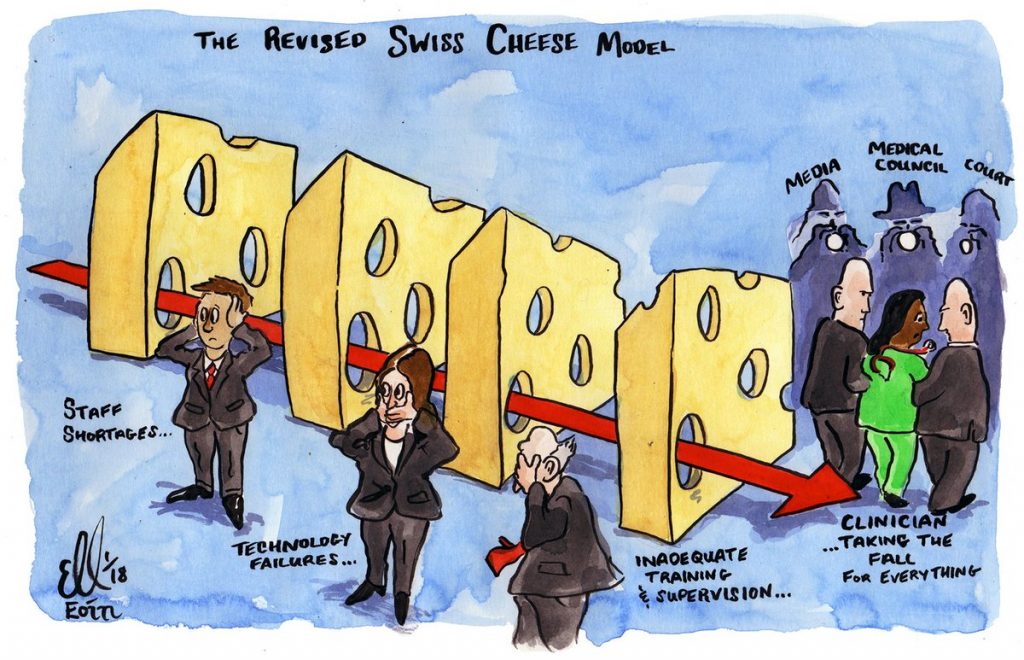Following the developments and dimensions of the case involving the five-month old infant, KISA is forced to publically express its view, despite our position that public statements either by institutions or public figures in situations such as this seriously harm the rights of the child as well as the rights of suspects and endanger the investigation process.
Initially, we call for an investigation of serious disciplinary and criminal offences by medical staff at Makarios Hospital, where the infant was transferred following her parents’ concern regarding her health. Following the infant’s admission to the hospital, the Assistant Director of Pediatric Surgery, Efthimios Tsivitanidis, made public statements to the media prior to the completion of the investigation of the case in accordance with the provisions of the Prevention and Combating Sexual Abuse, Sexual Exploitation of Children and Child Pornography Law of 2014 (Ν. 91(I)/2014), where he expressed that he was appalled and stated that he was confident that the child had been a victim of rape, and that due to the nationality of her parents the possibility of female genital mutilation (FGM) was examined, revealing the country of origin of the child and her parents. Within less than 24 hours, statements to the media were made by Andreas Neofytou, the Executive Director of the hospital, who ruled out the possibility of rape. However, he suggested the possibility of abuse caused by the parents “in order to come within the protection of the state and to benefit from it”, ignoring the fact that the family is already under state protection since they are recognised refugees.
The public disclosure of conflicting medical assessments is a blow to the credibility of the findings, it further complicates the investigation of the case, impinges upon the rights of the child and constitutes a violation of the relevant law (Ν. 91(I)/2014).
Any information that concerns the health of any person constitutes sensitive personal data and must, therefore, be the subject of increased protection, respect and confidentiality, while it must also be placed within the context of medical confidentiality. The publication of such personal data by a medical professional is considered illegal. We question therefore why there have been no ex-officio investigations, so far, by the Commissioner for Personal Data Protection and the Commissioner for Administration and Human Rights in her capacity as the authority against racism, within their respective mandate.
Moreover, we believe that the disclosure of the infant’s medical records as well as statements in the media linking the nationality of the family to the phenomena of sexual abuse, FGM and voluntary rupture of the hymen membrane, by medical staff of a public hospital, constitute a clear case of institutionalised racism and contribute to the stigmatisation of an entire ethnic community and to the reproduction of negative stereotypes against it.
Consequently, any investigation concerning the practices of all those involved must also take place in the light of discrimination on the basis of ethnicity within the healthcare system and the provision of services, which is prohibited and constitutes a criminal offense in accordance with the provisions of the Equal Treatment (Racial or Ethnic Origin) Law of 2004 (59 (I) / 2004).
We also identify serious violations of the Rights of Suspected Persons, Persons Under Arrest and Detained Persons Law 2005 (Ν. 163(I)/2005), in relation to the arrest of the father, as a suspect of committing rape, since our communication with him revealed that he was not adequately informed about the reasons for his detention or about his rights as a suspect.
At the same time, he was presented through the media as being guilty while under no circumstances was the presumption of his innocence respected, while on the contrary sensitive personal information such as his country of origin and his and his wife’s age were revealed.
The manner in which the case was publicised, the disclosure of the family’s nationality and the age of the family members, in a small country like Cyprus, quickly led to the identification of the family by the members of their community. As a result, the family is now under pressure from the members of their community, who consider them responsible for the stigmatisation of the entire community by the Cypriot society.
The public statements that followed either by specialists, institutionally or by other public figures, essentially fuelled the conviction that the father is guilty and reinforced the prevalent racist stereotypes against the family’s ethnic group. Public statements should be avoided in these situations until investigations are completed and with primary consideration of the child’s best interests.
We further denounce the selective sensitisation of the authorities regarding the protection of the rights of the 5-month-old infant. The living conditions of the refugee family constitute themselves abuse and violence despite the fact that the family has applied, since last November, for the Minimum Guaranteed Income without however any response, and is currently living on a €280 p/m in a small apartment under appalling conditions, with no heating or hot water and being unable to cover the very basic needs of the infant even regarding nutrition and hygiene.
Lastly, we call upon those within the media to be particularly careful in the way they broadcast news concerning ethnic groups, especially children, so as not to reproduce racist stereotypes, and to validate the facts.
We call upon the prosecuting authorities and the independent institutions to assume their responsibilities and take action against anyone who has infringed the rights of the child and the family in general.
Steering Committee





